17 Romantic K-Dramas That Defined the Genre
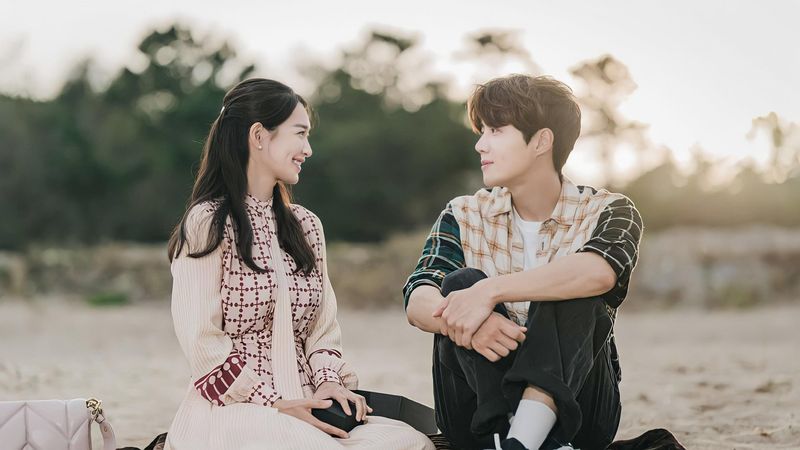
Korean dramas have taken the world by storm with their heartwarming love stories and unforgettable characters. These shows combine sweet romance with unique storylines that keep viewers hooked from start to finish. From fantasy tales to workplace comedies, K-dramas offer something special for everyone looking for their next emotional rollercoaster.
1. Autumn in My Heart
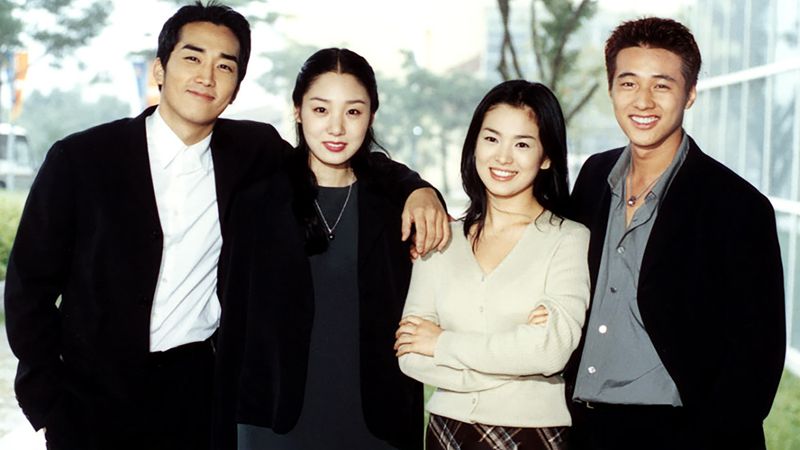
Often credited as one of the foundational works of the Korean Wave, Autumn in My Heart cemented melodrama as a defining genre in K-dramas. The series tells the heartbreaking story of two children who grow up as siblings but later discover they were switched at birth.
What begins as a tender bond between them transforms into a forbidden love weighed down by societal and familial pressures. Its portrayal of selfless devotion and tragic destiny resonated deeply with audiences across Asia. The show’s emotional soundtrack and autumnal visuals enhanced its melancholic atmosphere. Song Hye-kyo and Song Seung-heon’s chemistry made their characters unforgettable and iconic.
The narrative highlighted themes of sacrifice, fate, and the fragility of happiness. Even though its story is deeply sorrowful, the drama’s impact on the genre was transformative, setting a precedent for emotionally charged romances. To this day, it remains a touchstone for melodramatic storytelling in Korean television.
2. Boys Over Flowers
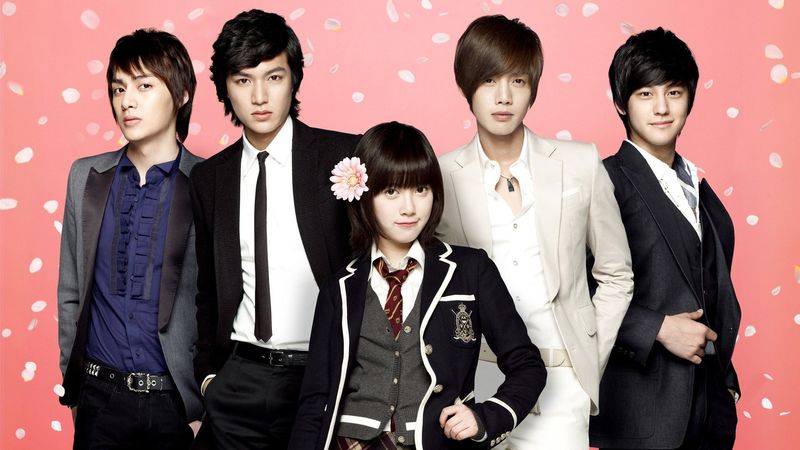
Adapted from the Japanese manga Hana Yori Dango, it introduced international audiences to the “Cinderella” trope on an unprecedented scale. The series follows Geum Jan-di, a working-class girl who finds herself entangled with a group of wealthy and arrogant boys known as F4.
What could have been a shallow fantasy instead became a study in class tension, pride, and resilience. Lee Min-ho’s portrayal of the tempestuous Gu Jun-pyo catapulted him to instant stardom, his wild curls and fiery temper becoming iconic. The drama’s fashion, music, and over-the-top set pieces helped create an escapist world that audiences couldn’t resist.
Its melodramatic twists and emotional confrontations captured the spirit of youthful intensity, flaws and all. While critics debated its clichés, fans embraced its unapologetic commitment to drama and romance.
3. My Love from the Star
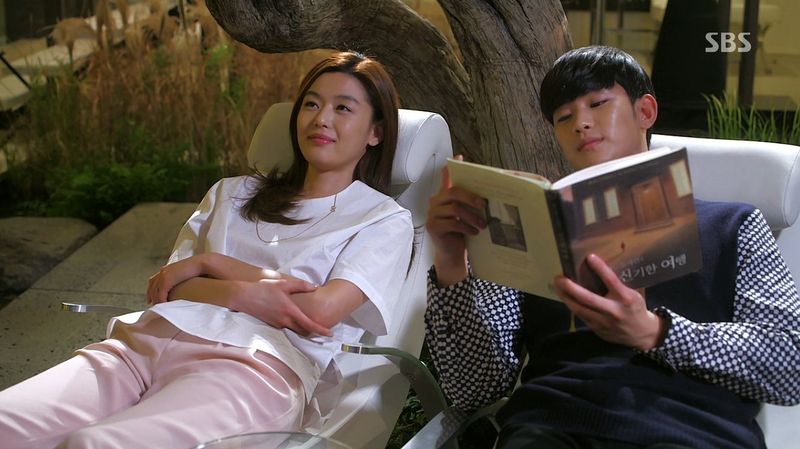
This drama revolutionized the romantic fantasy genre with its inventive premise. Kim Soo-hyun plays an alien who has lived on Earth for centuries, while Jun Ji-hyun portrays a glamorous but vulnerable actress. Their unlikely romance unfolds with humor, tension, and poignancy as his departure from Earth looms closer.
The series is known for blending comedy, romance, and science fiction seamlessly. Jun Ji-hyun’s performance brought both comedic flair and emotional depth, earning widespread praise. At the same time, Kim Soo-hyun’s reserved, otherworldly character created a striking contrast.
The show sparked cultural trends, from fashion to food, further amplifying the Korean Wave. Its balance of witty banter and heartfelt vulnerability made the love story universally relatable. My Love from the Star proved that K-dramas could push genre boundaries while staying grounded in human emotion.
4. Goblin: The Lonely and Great God
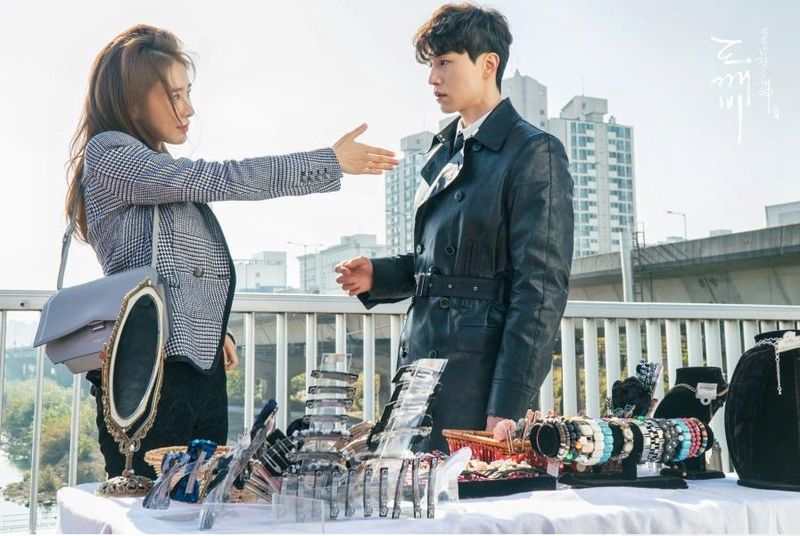
Goblin is widely regarded as a modern masterpiece of K-drama fantasy romance. Gong Yoo plays an immortal goblin cursed with eternal life, while Kim Go-eun portrays a high school girl fated to be his bride. The drama intertwines themes of destiny, mortality, and the longing for peace after centuries of loneliness.
Its breathtaking cinematography, from snow-filled landscapes to candlelit temples, elevated the storytelling into something cinematic. The bromance between the goblin and the grim reaper added levity and balance to the heavy themes. Viewers were captivated by the bittersweet love story, which felt both mythical and deeply human.
The series also sparked trends in poetry, fashion, and even tourism at its filming locations. Its soundtrack became one of the most celebrated in K-drama history, enhancing every emotional moment. Above all, Goblin demonstrated how fantasy could be a vessel for exploring timeless human emotions with grandeur and grace.
5. Descendants of the Sun
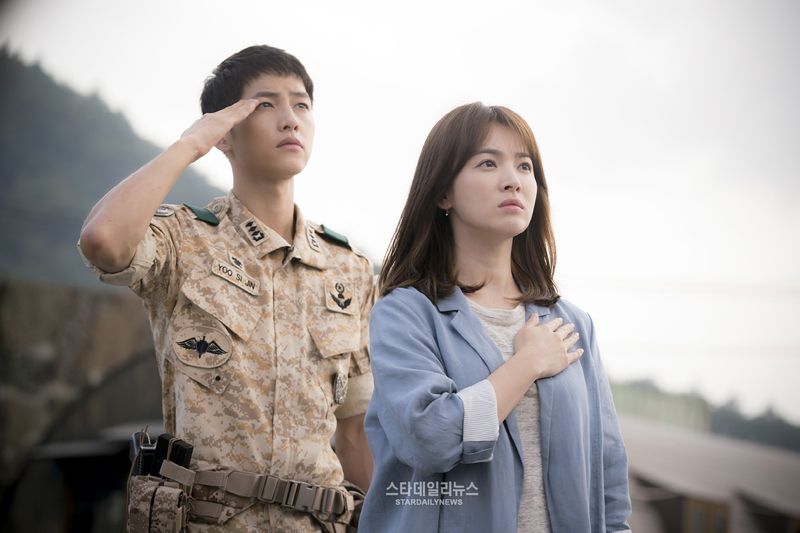
Descendants of the Sun blended military action with heartfelt romance in a way that captivated global audiences. Song Joong-ki plays a soldier whose sense of duty clashes with his love for a principled doctor, played by Song Hye-kyo. The relationship unfolds in a fictional war zone, where danger constantly tests their commitment.
The drama’s large-scale production, including international filming locations, gave it a cinematic quality rarely seen in television. Beyond the romance, it explored themes of sacrifice, honor, and the ethics of saving lives amid chaos. The tension between life-and-death missions and tender personal moments made the love story feel urgent and profound.
Its success also strengthened Korea’s cultural export power, boosting tourism and soft power abroad. The chemistry between the two leads was so convincing it extended beyond the screen, fueling public fascination. As a result, the drama became both a cultural milestone and a defining example of romance against adversity.
6. Crash Landing on You
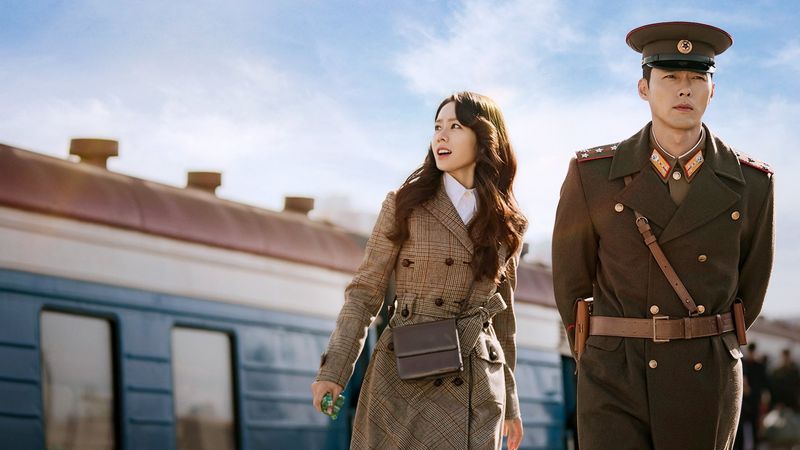
Son Ye-jin stars as a South Korean heiress who accidentally paraglides into North Korea, where she meets a reserved army officer played by Hyun Bin. The forbidden romance unfolds with humor, suspense, and emotional depth.
While the setup is dramatic, the story shines in its portrayal of human kindness across cultural divides. The supporting characters, from soldiers to village women, created a rich community that grounded the narrative. Its careful balance of comedy and tragedy allowed viewers to feel the weight of separation while cherishing moments of joy.
The stunning landscapes and authentic cultural details gave the series a sense of realism despite its fantastical premise. Off-screen, the pairing of Son Ye-jin and Hyun Bin captured the public’s imagination even more. Ultimately, Crash Landing on You became a testament to love transcending borders and circumstances.
7. Strong Woman Do Bong Soon

A delightful mix of romance, fantasy, and comedy, Strong Woman Do Bong Soon introduced a female lead unlike any other. Park Bo-young plays Bong Soon, a petite woman gifted with superhuman strength, who dreams of creating her own video game.
Her life takes a wild turn when she becomes the bodyguard of a quirky game company CEO, played by Park Hyung-sik. The show’s humor comes not only from her physical power but also from the absurd situations it creates. At its heart, however, lies a sweet and sincere love story between two unlikely partners. This romance is marked by playfulness, trust, and empowerment rather than clichés.
Beyond the central couple, the drama addresses gender expectations and the idea of embracing one’s uniqueness. Its blend of lighthearted fun and genuine emotional beats made it stand out in the rom-com genre. Strong Woman Do Bong Soon remains beloved for celebrating strength—both physical and emotional—in love.
8. What’s Wrong With Secretary Kim
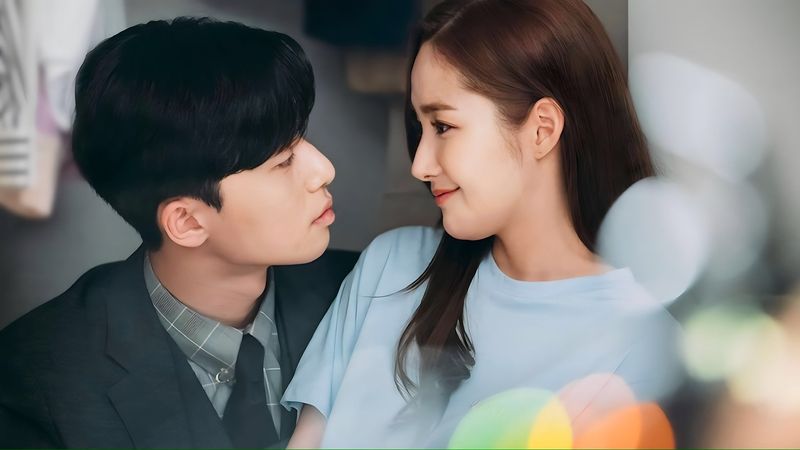
Park Seo-joon plays a narcissistic company vice chairman whose world turns upside down when his long-serving secretary, played by Park Min-young, decides to resign. What begins as a comedic power struggle slowly evolves into a heartfelt exploration of vulnerability and hidden pasts.
The story cleverly balances laugh-out-loud moments with touching emotional depth. Its office setting provides a modern backdrop that feels relatable to many viewers, while the romance remains the central heartbeat. The chemistry between the leads is undeniable, delivering both playful banter and tender intimacy.
Unlike heavier melodramas, it shines by celebrating love as healing and liberating. The series also underscores themes of self-worth and the importance of mutual respect in relationships. Ultimately, What’s Wrong with Secretary Kim redefined the rom-com formula by marrying humor with sincerity.
9. While You Were Sleeping
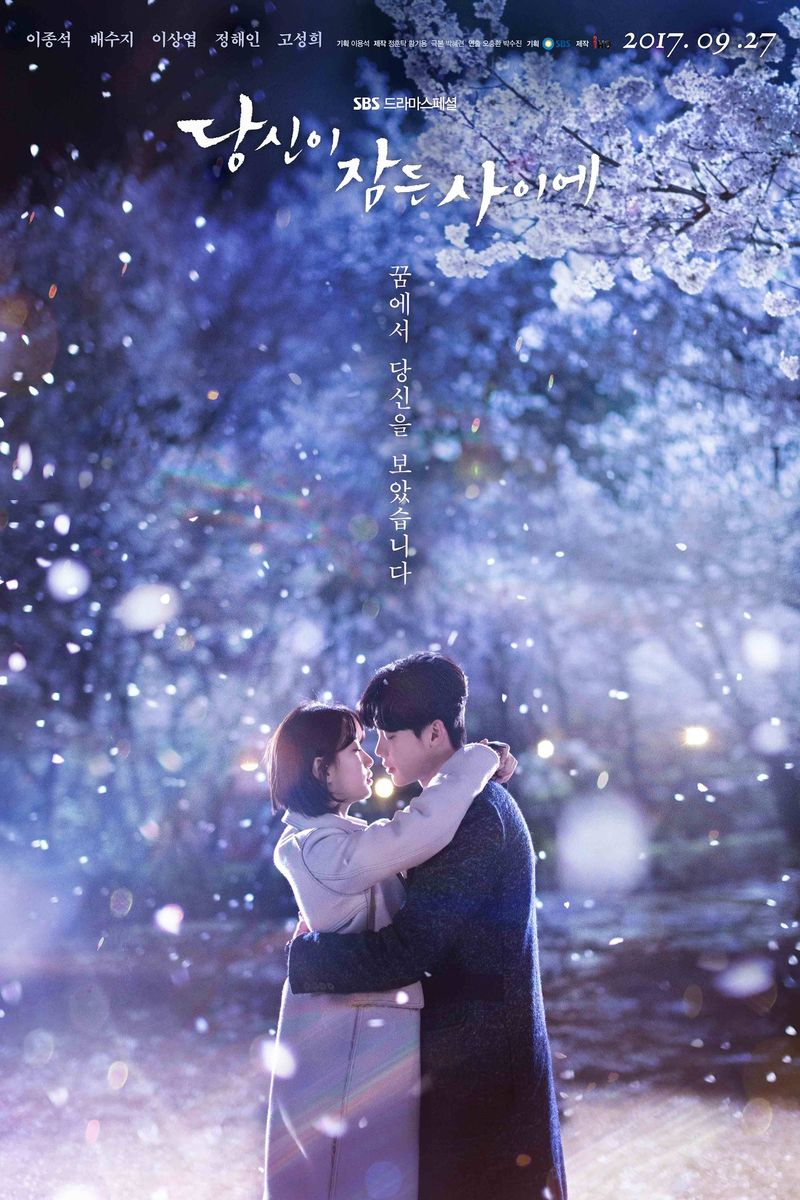
Suzy stars as a woman who can foresee tragic events through her dreams, while Lee Jong-suk plays a prosecutor determined to prevent those futures. Their connection grows deeper as they work together to change destiny, weaving suspense and love into a gripping narrative.
The romance emerges organically from their shared struggles, offering both comfort and inspiration. The supporting characters enrich the story with warmth and camaraderie, grounding the fantasy elements in real human relationships.
Its visual style, with dreamlike sequences and moody tones, heightens the sense of fate and urgency. The drama also touches on themes of justice, accountability, and the moral cost of intervention. Despite its heavier subject matter, moments of levity and tenderness keep it engaging. While You Were Sleeping proved that romance can thrive even in stories centered on fate and societal duty.
10. The Beauty Inside
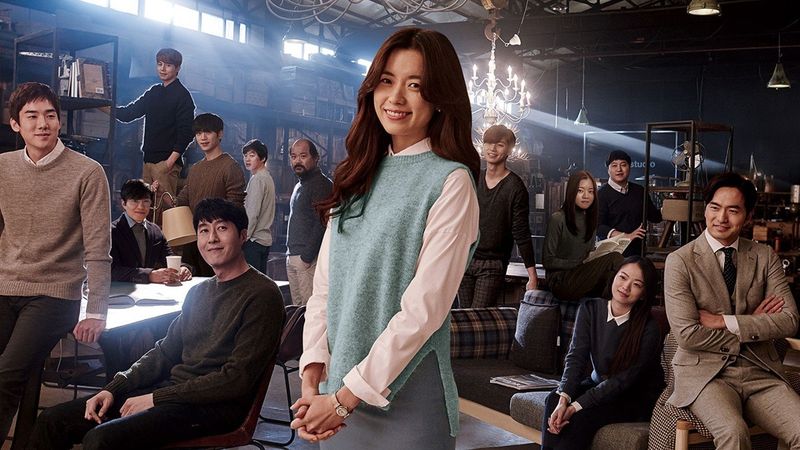
Rather than delivering a typical love story, The Beauty Inside frames romance as a philosophical question. The heroine’s constant physical transformations become a metaphor for how identity is both fluid and fragile. Instead of leaning on spectacle, the show builds tension through quiet interactions that test patience and empathy.
Lee Min-ki’s portrayal of face blindness creates an ironic mirror to the heroine’s predicament, forcing viewers to ask what it really means to “see” someone. Small, tender gestures — a touch, a voice, a shared silence — carry greater weight than sweeping declarations. The series also experiments with tone, shifting gracefully between playfulness and deep introspection.
Its cinematography captures warmth rather than gloss, emphasizing interiors filled with life rather than superficial beauty. By centering the narrative on imperfection, the drama subverts expectations of the polished rom-com. In the end, The Beauty Inside suggests that love is less about appearance than about recognition of the soul.
11. Hotel Del Luna
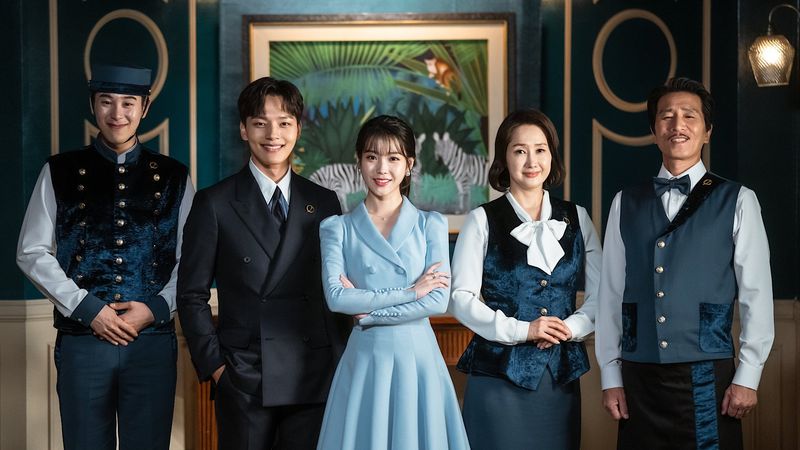
Every frame of Hotel Del Luna feels like a painting, drenched in color and shadow. Instead of a conventional arc, the story is structured like a collection of fables, with each guest in the haunted hotel offering a lesson about regret, vengeance, or closure.
IU commands the screen with a performance that is at once regal and deeply wounded, anchoring the series in her character’s centuries of pain. Yeo Jin-goo’s character brings restraint and steadiness, acting as a bridge between the ethereal and the human. What elevates the drama is its ability to weave grief into spectacle without ever losing its beating heart.
The wardrobe and set design are integral, functioning as extensions of the characters’ inner lives. Its soundtrack doesn’t just accompany the visuals but lingers like an incantation, haunting long after an episode ends. The show resists easy resolution, favoring bittersweet departures over perfect endings. In doing so, Hotel Del Luna becomes less a romance than a meditation on time, memory, and letting go.
12. Doom At Your Service
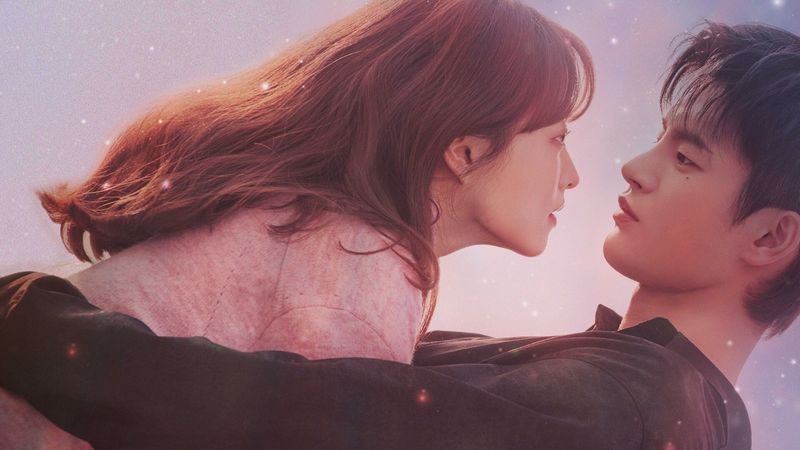
Doom at Your Service thrives on its audacity to blend cosmic stakes with deeply personal pain. Instead of presenting doom as a faceless force, Seo In-guk embodies it with wit, weariness, and flashes of vulnerability. The heroine’s terminal diagnosis is not treated as a plot device but as a lens through which ordinary routines — eating, laughing, dreaming — acquire urgency.
The writing often contrasts fleeting joys against the inevitability of loss, creating an atmosphere both tender and aching. Its visuals lean into quiet moments rather than spectacle: lamplight, rain, a gaze held a moment too long.
Supporting characters bring humor and humanity, preventing the drama from collapsing under its weight. Dialogue carries a poetic rhythm, often sounding like fragments of literature rather than scripted lines. The romance is present, but it functions more as an exploration of mortality’s paradox — that endings make life luminous. By the finale, the show leaves behind not despair but a fragile kind of hope.
13. Hometown Cha-Cha-Cha
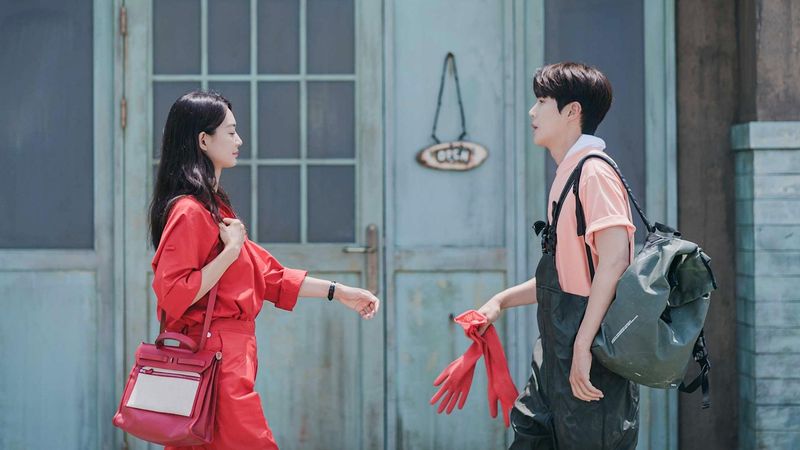
At first glance, Hometown Cha-Cha-Cha looks like a simple small-town romance, but beneath its charm lies a meditation on healing. The seaside village of Gongjin isn’t just a backdrop — it’s a living character, full of quirks, gossip, and wisdom. The show’s rhythm mirrors the tide: unhurried, gentle, and steady, allowing emotions to unfold with authenticity.
Shin Min-a’s portrayal of a perfectionist dentist contrasts beautifully with Kim Seon-ho’s humble handyman, creating tension that feels organic rather than manufactured. Each supporting villager brings their own struggles, weaving a tapestry of community that reminds viewers love is not only romantic but collective.
The cinematography captures sunlight on waves, laughter in market stalls, and the quiet ache of solitude at night. Instead of grand declarations, the drama thrives on subtle acts of care — a repaired item, a shared meal, a walk by the shore. It’s a story about choosing to belong rather than simply passing through. By the end, Hometown Cha-Cha-Cha leaves the viewer with a sense of warmth, like a memory of salt air and laughter carried home.
14. Her Private Life

Park Min-young plays an accomplished curator by day and a passionate idol fan by night, capturing the duality of identity in the modern age. The show never mocks her fangirl side but instead treats it with empathy, showing how devotion can be both joyful and isolating. Kim Jae-wook’s character, a reserved art director, becomes less a savior than a witness to her hidden world, offering space rather than judgment.
The drama excels in its witty dialogue and playful scenarios, grounding them in themes of self-acceptance. Its visual palette, filled with galleries and studios, underscores the idea that art and love are both forms of obsession.
What makes the show refreshing is its refusal to frame romance as rescue; instead, it frames love as validation. Humor and affection run parallel, never undercutting each other. In the end, Her Private Life is as much about embracing one’s passions as it is about finding companionship.
15. Twenty-Five Twenty-One
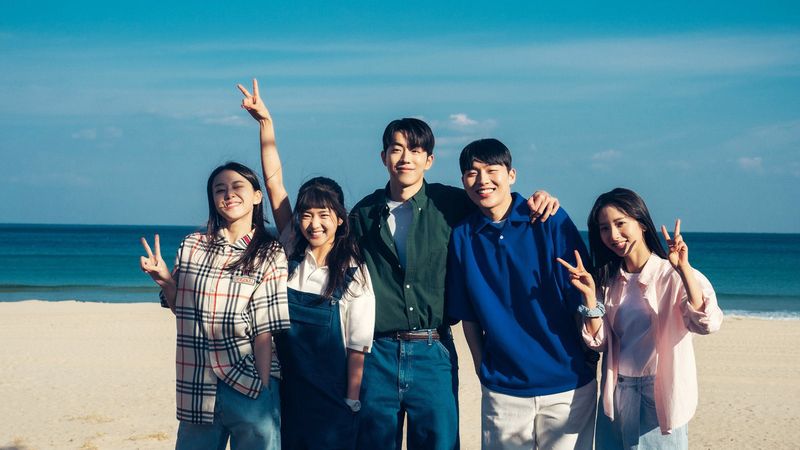
Set against the backdrop of South Korea’s IMF crisis, Twenty-Five Twenty-One interlaces romance with nostalgia and loss. The drama follows Na Hee-do, an ambitious fencer, and Baek Yi-jin, a young man forced into premature adulthood by financial ruin.
Their story unfolds not as a straight romance but as an exploration of dreams, resilience, and fleeting youth. Kim Tae-ri’s performance radiates youthful recklessness, while Nam Joo-hyuk captures quiet determination, grounding the show in realism. The series excels at evoking time — from walkmans to school uniforms — immersing viewers in the late 1990s. Its pacing mirrors adolescence itself: exhilarating, frustrating, and heartbreakingly brief.
The friendships are as central as the love story, highlighting how support networks shape one’s path. Instead of promising eternal happiness, the show acknowledges that some loves are meant to transform rather than endure. This bittersweet honesty made Twenty-Five Twenty-One one of the most emotionally resonant K-dramas in recent years.
16. Business Proposal
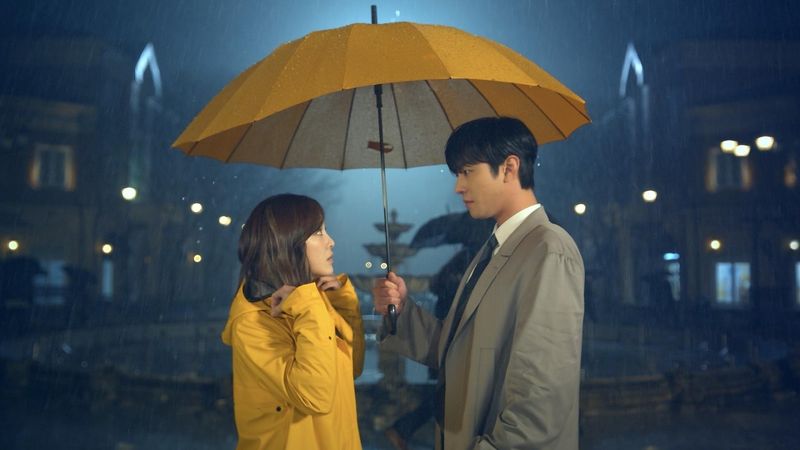
Business Proposal thrives on its lighthearted embrace of classic rom-com tropes while adding a distinctly modern flair. The story begins with a blind date gone hilariously wrong, setting off a chain of misunderstandings that spiral into genuine connection.
What sets it apart is the way it revels in its own playfulness — outrageous situations, witty banter, and over-the-top chemistry are the point, not the exception. Kim Sejeong’s lively performance injects spontaneity into every scene, balancing Ahn Hyo-seop’s polished restraint. The visual tone is vibrant and candy-colored, matching the buoyant energy of the narrative.
Secondary romances and office antics add texture, ensuring the drama never rests on a single dynamic. Beneath the comedy, though, it underscores how authenticity eventually cuts through façades. It doesn’t attempt to be profound, but rather delivers joy with unapologetic sincerity. In doing so, Business Proposal proves that pure fun, done well, can be just as memorable as heavier tales.
17. Love to Hate You
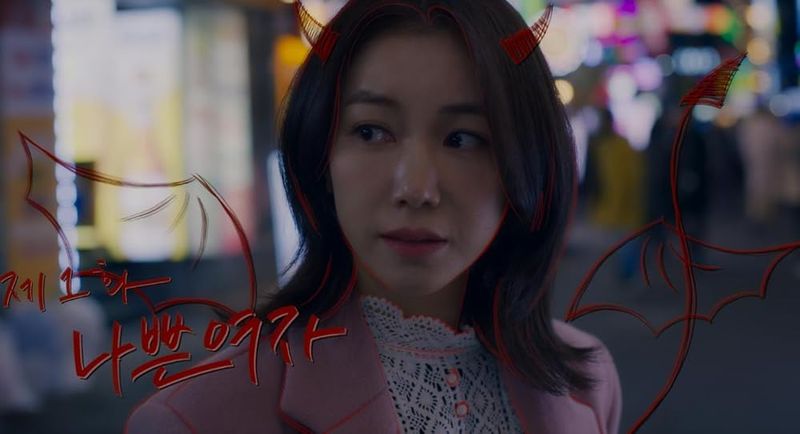
The drama thrives on its battle of wills between Kim Ok-vin’s fiery lawyer and Yoo Teo’s perfectionist actor, both unaccustomed to vulnerability. Their clashes are as entertaining as their moments of unexpected tenderness, creating a rhythm that keeps viewers leaning forward. It is unapologetically bold, weaving themes of gender roles, pride, and authenticity into what could have been a predictable romance.
Stylish direction and quick pacing give it the slick energy of a modern rom-com film. The witty dialogue functions as verbal sparring, but beneath the banter lies an exploration of how pride often shields insecurity.
Supporting characters aren’t just comedic relief — they reflect and challenge the protagonists in meaningful ways. The drama embraces passion without softening its bite, making love feel both exhilarating and risky. In the end, Love to Hate You celebrates romance as a collision of equals rather than a surrender.

Comments
Loading…